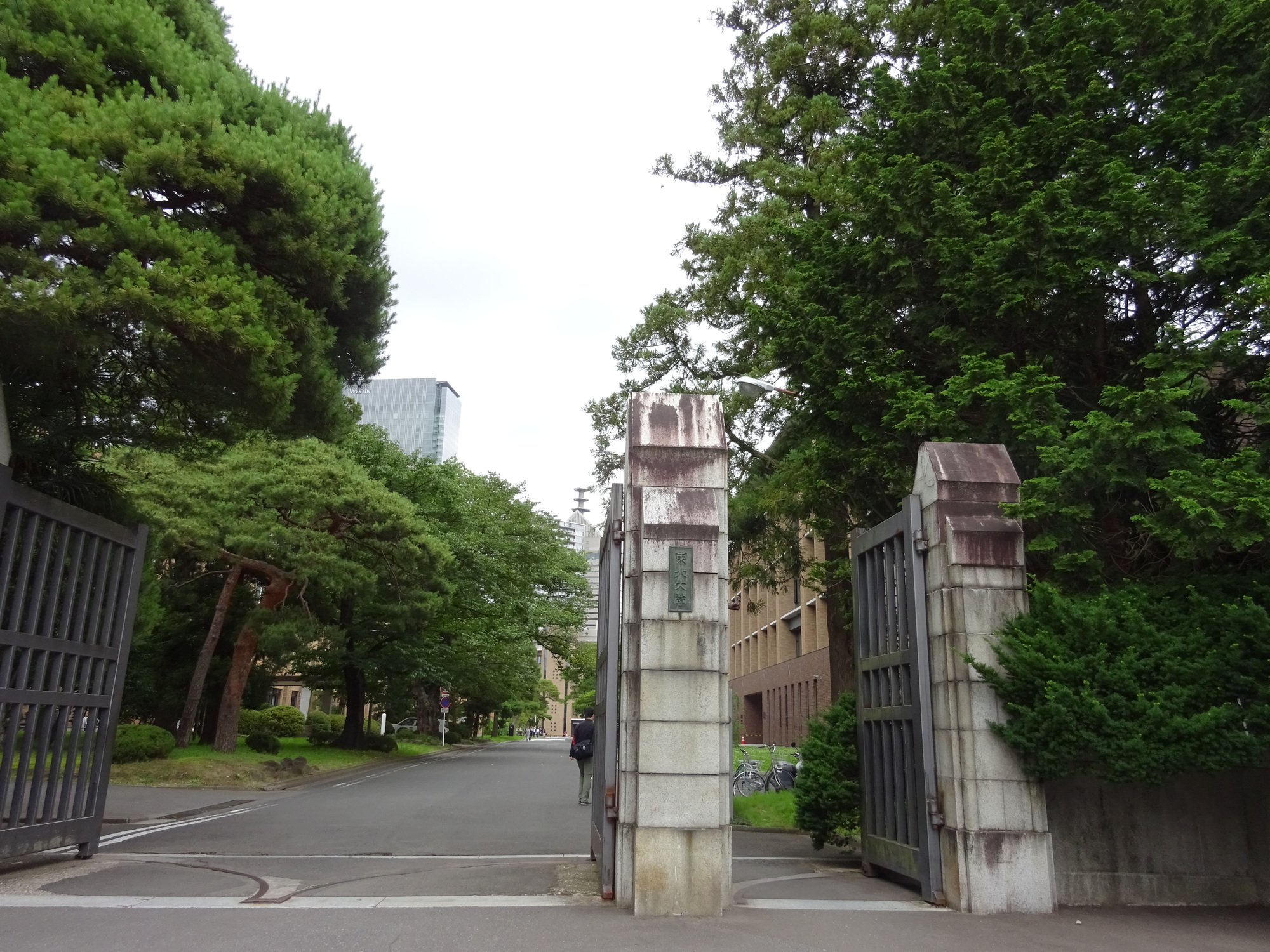Kunio Kaiho, Graduate School of Science, Tohoku University, found that the largest biological extinction in history that occurred at the end of the Perm period 2 million years ago was partly due to global soil erosion and shallow sea anoxic. It was compiled by a research group of Professor Kunio and others.The trigger seems to be large-scale volcanic activity, and the research group says that the process leading to the extinction of living things has become apparent.
According to Tohoku University, when the research group collected and analyzed rocks from the late Permian strata in Kyoto, Miyazaki, China, and Italy, they discovered organic substances derived from land plants in the sea at that time. ..The place of discovery is the topography of the time, and it is located several hundred kilometers from the coast and about 300 meters deep.The research team sees evidence of a large amount of soil spilling from land into the sea.
Global soil erosion is believed to have been caused by large-scale volcanic activity.According to the research team's interpretation, the eruption of the volcano blocked the sun's rays, causing a large number of terrestrial plants to die and making it impossible to maintain the soil.
The great extinction at the end of the Permian period has been thought to be caused by global warming.However, the research group believes that in addition to warming, the outflow of soil caused a large amount of plankton like red tide, causing oxygen deficiency and causing the extinction of marine organisms such as trilobites.
The great extinction at the end of the Permian period is said to have extinct 95% of all living things on earth.Mammal-type reptiles died on the ground, and dinosaurs and mammals appeared in the next Triassic.The Paleozoic fauna became extinct in the sea, and the modern fauna was born.

